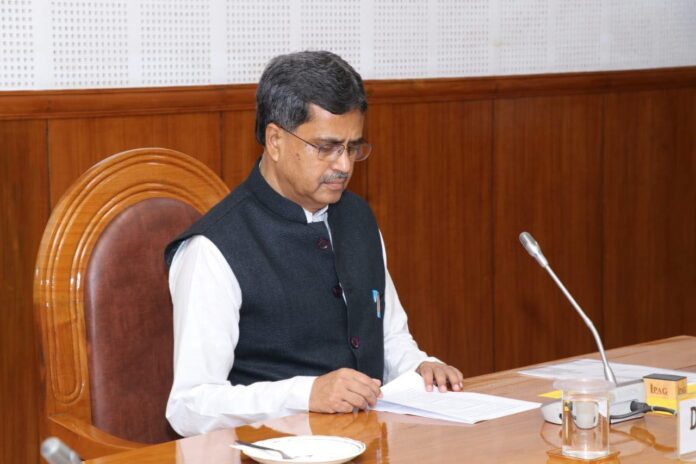The Tripura government has taken the unprecedented decision to cancel the traditional summer break for higher education institutes across the state. This decision comes amidst a backdrop of challenges, including the COVID-19 pandemic, academic disruptions, and the need to ensure continuity in learning. While the move aims to mitigate the adverse impacts of these disruptions, it also raises questions about the implications for students, faculty, and the education system as a whole.
The cancellation of the summer break marks a departure from the norm for higher education institutes in Tripura, where students and faculty typically enjoy a respite from academic activities during the summer months. However, the decision reflects the government’s proactive approach to addressing the pressing challenges facing the education sector, particularly in light of recent disruptions that have upended traditional learning environments.
One of the primary factors driving the cancellation of the summer break is the ongoing COVID-19 pandemic, which has significantly disrupted educational activities worldwide. With the emergence of new variants and uncertainties surrounding the trajectory of the pandemic, educational institutions continue to grapple with the need to balance academic continuity with health and safety concerns. By forgoing the summer break, Tripura aims to maximize instructional time and minimize disruptions to the academic calendar, ensuring that students receive the education they deserve despite the challenges posed by the pandemic.
Additionally, the cancellation of the summer break is motivated by the need to address other disruptions that have affected higher education institutes in Tripura. These disruptions may include factors such as political unrest, infrastructure issues, and logistical challenges that have impeded normal functioning and posed obstacles to student learning. By maintaining continuity in academic activities, the government seeks to mitigate the impact of these disruptions and provide students with a stable and conducive learning environment.
While the decision to cancel the summer break may be necessary to address immediate challenges, it also raises concerns about the well-being and welfare of students and faculty. The summer break serves as an opportunity for rest, rejuvenation, and personal development, allowing students and faculty to recharge their batteries and pursue other interests outside of academia. The cancellation of this break may result in increased stress, burnout, and fatigue among stakeholders, potentially compromising their mental health and overall well-being.
Moreover, the cancellation of the summer break poses logistical challenges for educational institutions, including issues related to staffing, scheduling, and resource allocation. Faculty members may be required to work additional hours to accommodate the extended academic calendar, while students may face difficulties balancing academic commitments with personal responsibilities and obligations. Educational institutions must therefore implement measures to support the well-being of students and faculty during this challenging period, including providing access to mental health resources, flexible scheduling options, and opportunities for rest and relaxation.
Despite these challenges, the cancellation of the summer break also presents opportunities for innovation and adaptation within the education sector. Educational institutions can use this time to explore alternative teaching modalities, such as online learning, hybrid instruction, and experiential learning opportunities, that may better meet the needs of students in the current environment. Additionally, the extended academic calendar may provide students with additional time to pursue research projects, internships, and extracurricular activities that enhance their academic and professional development.
In addition, the cancellation of the summer break for higher education institutes in Tripura reflects the government’s commitment to addressing the challenges facing the education sector amidst ongoing disruptions. While the decision may be necessary to ensure academic continuity and mitigate the adverse impacts of these disruptions, it also raises concerns about the well-being of students and faculty and poses logistical challenges for educational institutions. Moving forward, stakeholders must work collaboratively to support the needs of students and faculty, promote innovation and adaptation within the education sector, and ensure that learning opportunities remain accessible and equitable for all.




